
The Cultural Advantage
A New Model for Succeeding with Global Teams
Read or listen offline
Amazon KindleRecommendation
While author Mijnd Huijser may not add extra depth to the literature on national, organizational and team culture, he does a credible, helpful job of highlighting the work of pioneers in the field. His accessible approach features brief anecdotes about cultural dilemmas followed by explanations of the cultural issues at stake. The author’s “Model of Freedom” is a graphic representation of cultural axes and dimensions, though readers who are unaccustomed to such graphs may find it more confusing than helpful. getAbstract believes this useful book offers a brief, broad and somewhat casual beginner’s guide to the subject of culture in business – and provides interesting, accessible insights – and recommends it to those who need a solid introduction.
Summary
About the Author
Mijnd Huijser is the founder of a management and culture consulting company in Amsterdam. He is co-author of Profit of Peace: Corporate Responsibility in Conflict Regions.









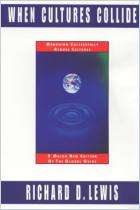
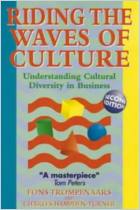
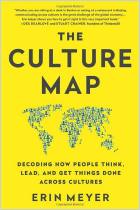
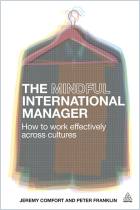
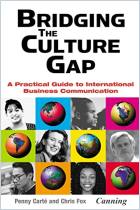
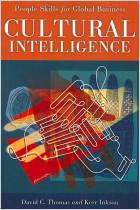





Comment on this summary or Comenzar discusión